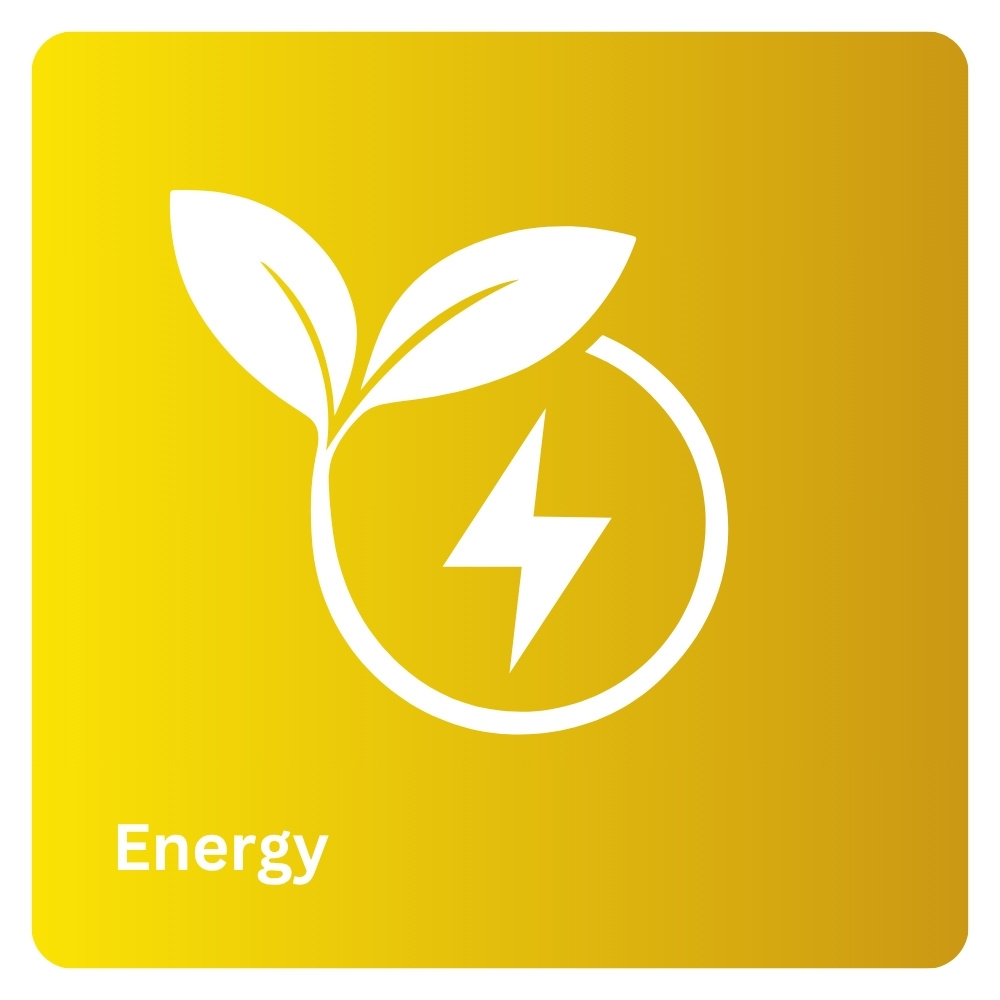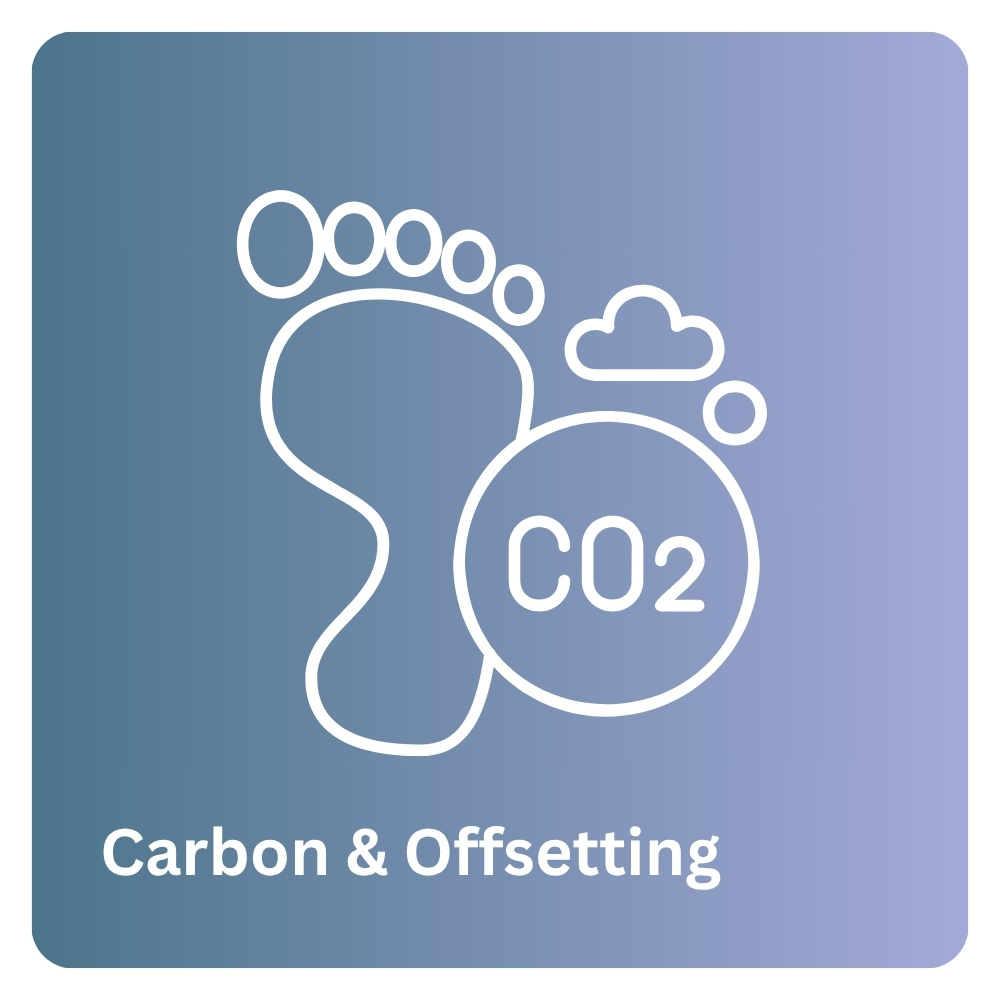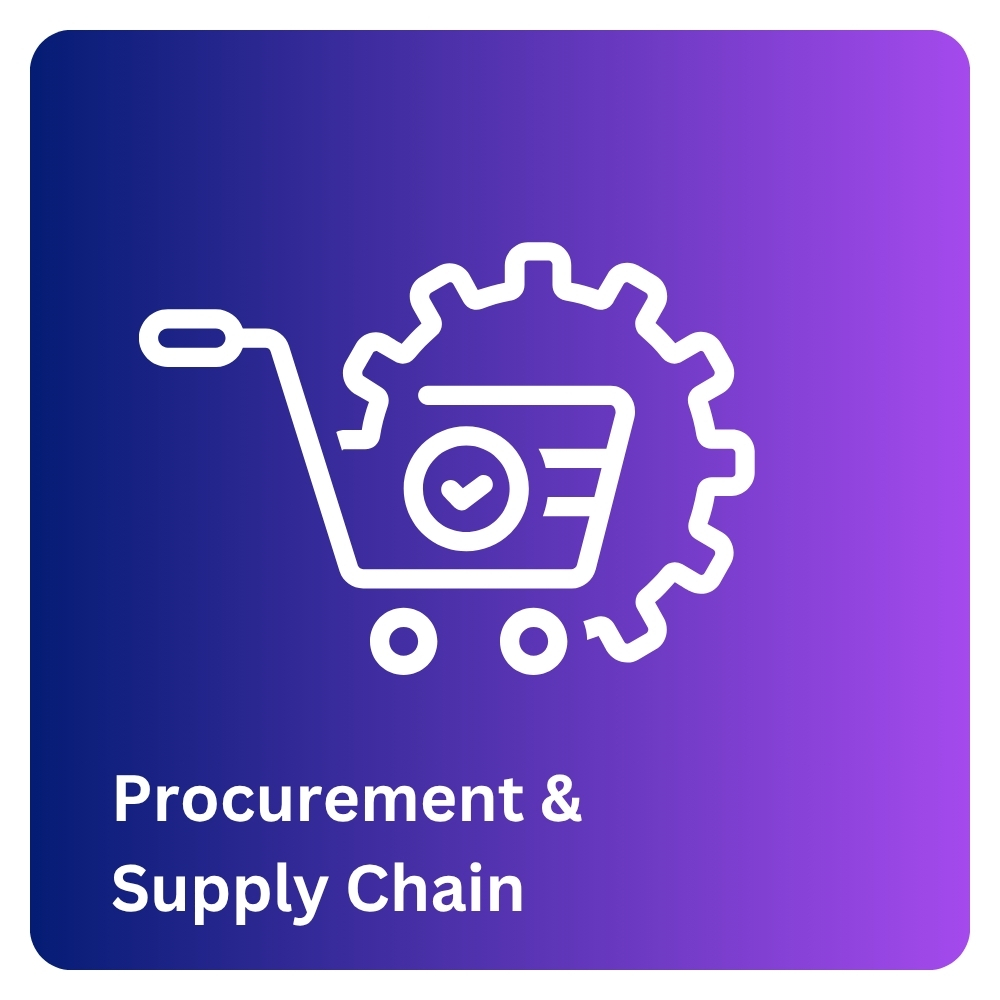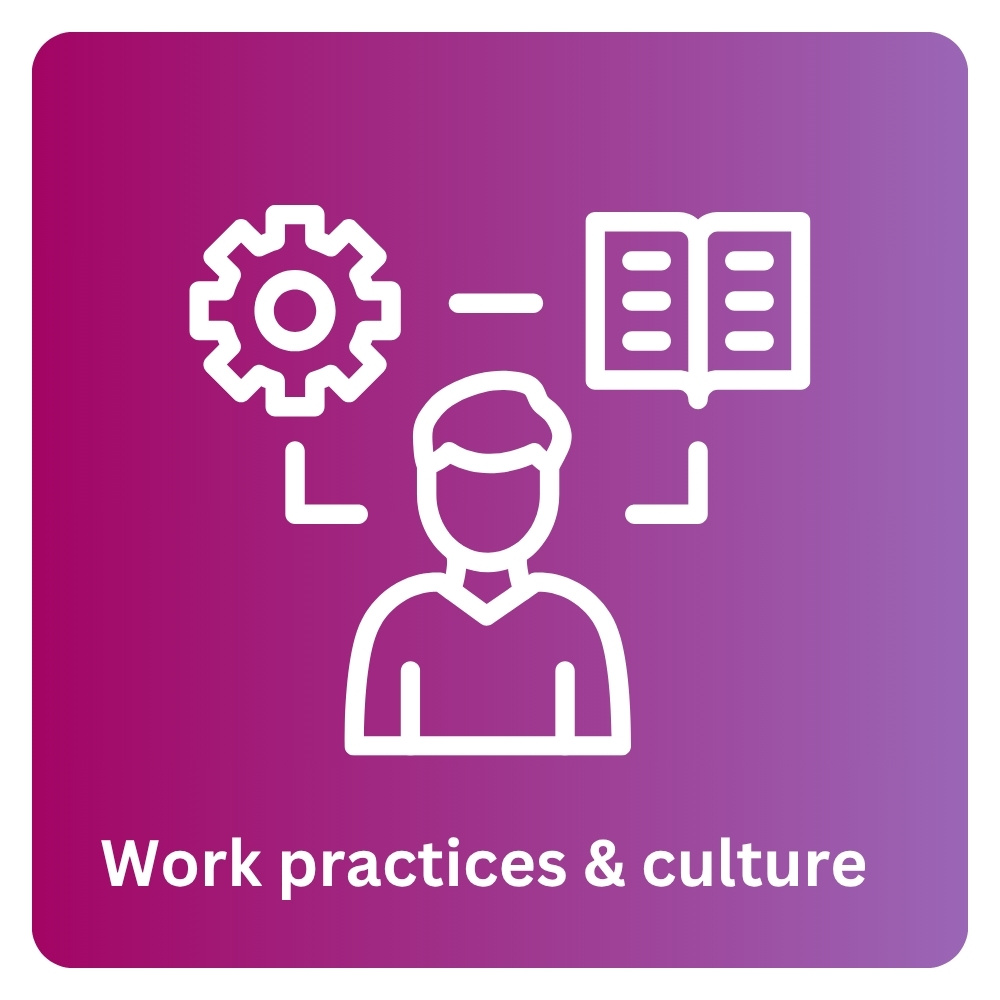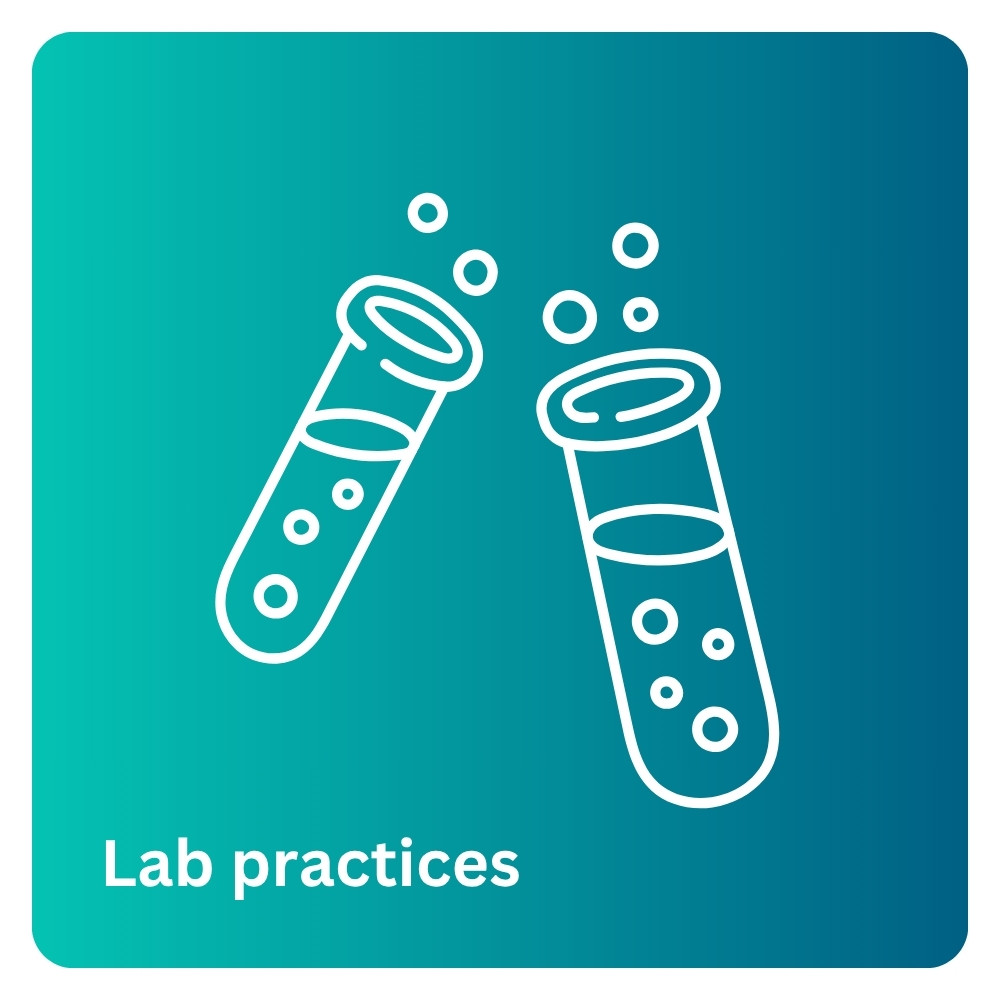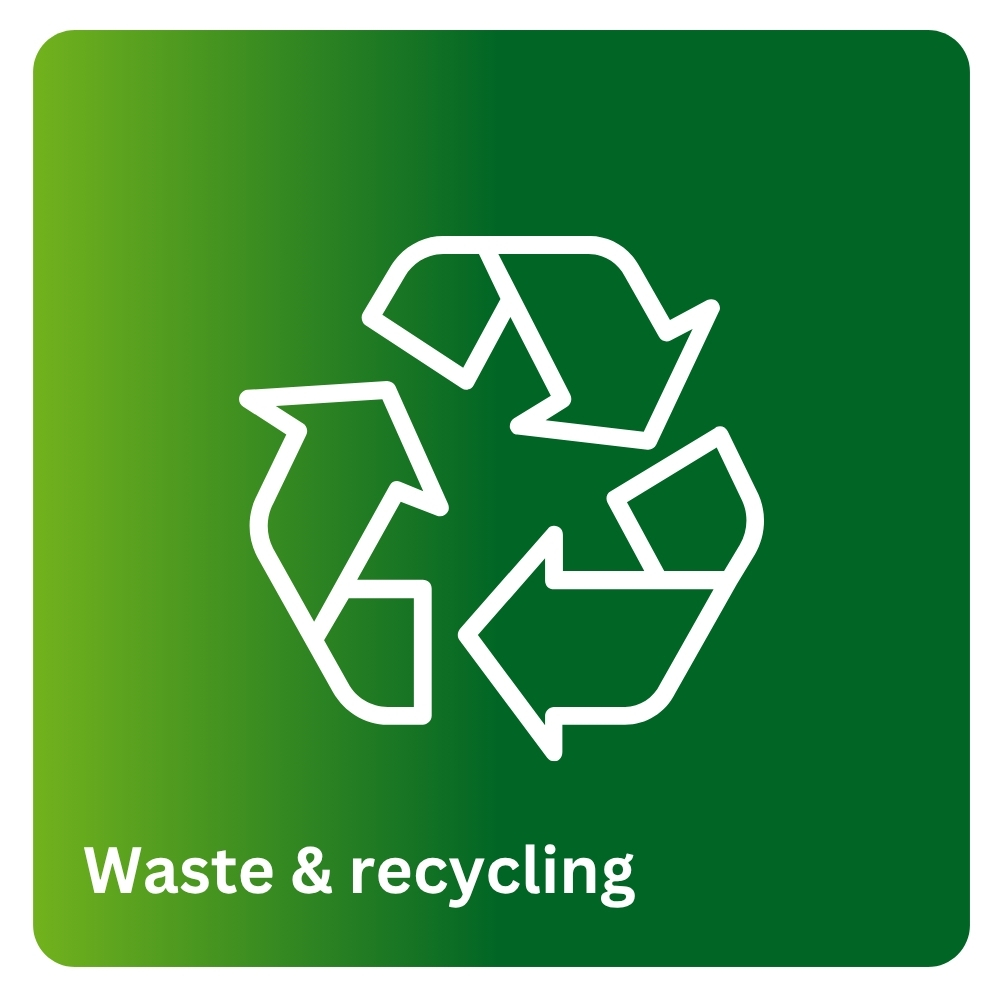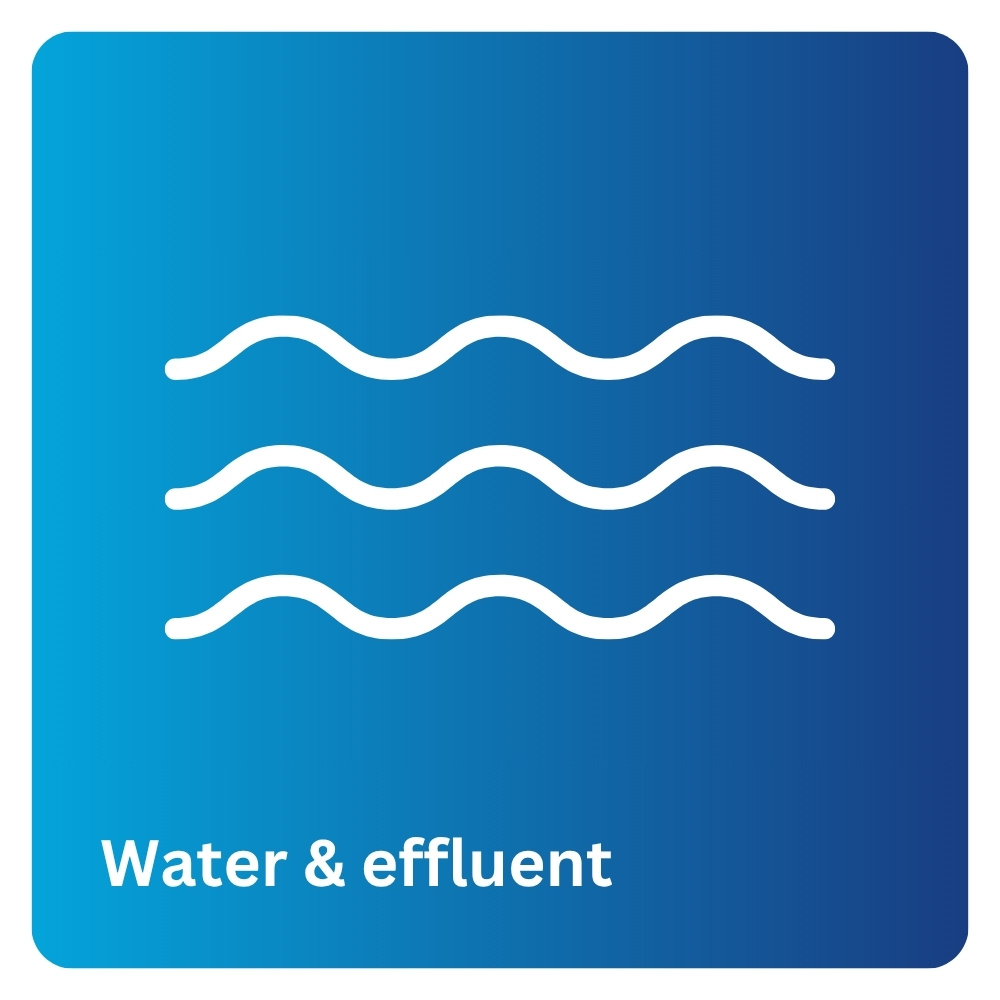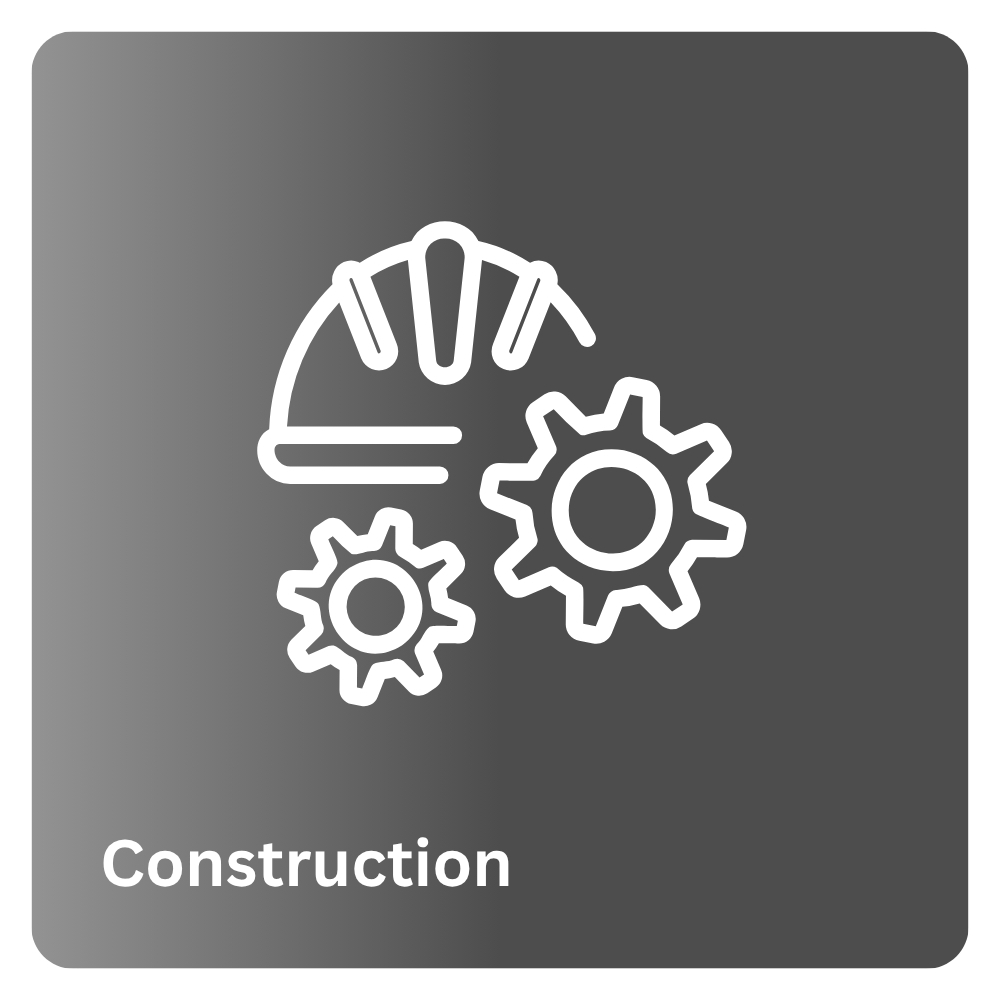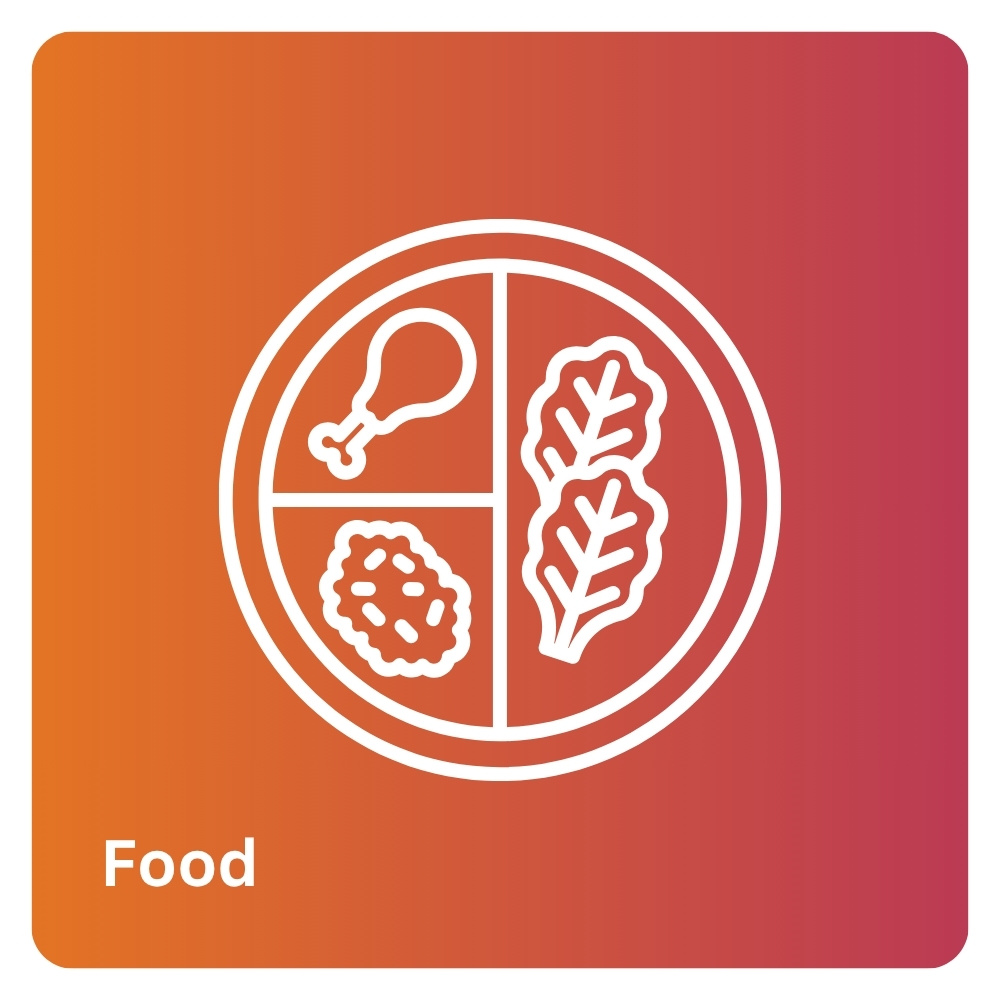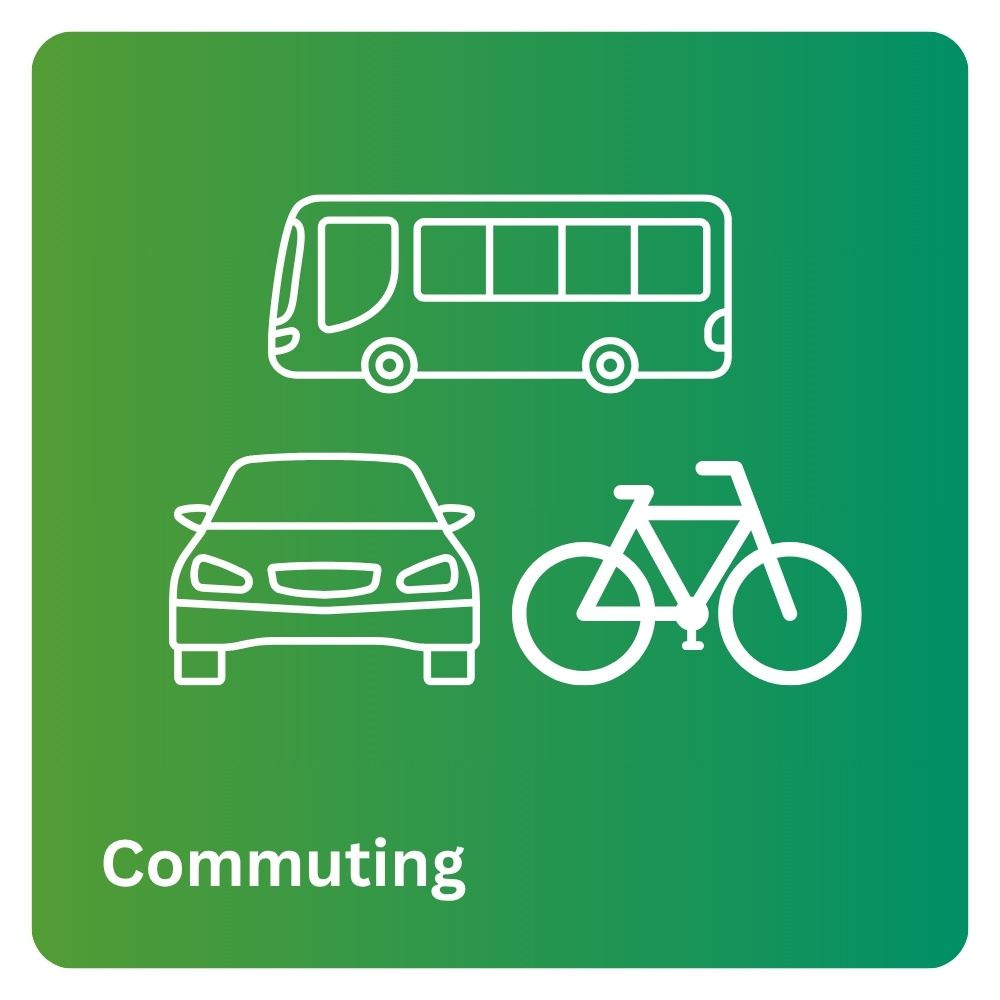Environmental sustainability
As a leading research institution dedicated to improving human health, The Wellcome Sanger Institute is committed to ensuring that our scientific innovation is conducted in the most sustainable way, minimising our environmental impact. We recognise the urgency of climate change and biodiversity loss, which is why we are committed to setting a more ambitious target than the government’s 2050 goal.
Our commitment
We are committed to embedding sustainability across all aspects of our organisation, underpinned by certified environmental and energy management systems in accordance with ISO 14001 and ISO 50001. Our approach aligns with science-based targets and focuses on reducing Scope 1, 2, and 3 emissions, improving energy efficiency, managing waste responsibly and promoting sustainable procurement and resource use.
We are proud to be among the first signatories of the Environmental Research Concordat, reflecting our leadership in sustainable research practices. Within our labs, we have adopted the LEAF (Laboratory Efficiency Assessment Framework) programme, and we have developed a similar framework to advance sustainability performance across our office spaces. These efforts are actively supported by a dedicated network of sustainability champions from across the organisation who drive local action and awareness.
Our commitments are guided by the UN Sustainable Development Goals and delivered through robust governance, stakeholder engagement, and a continuous improvement ethos.
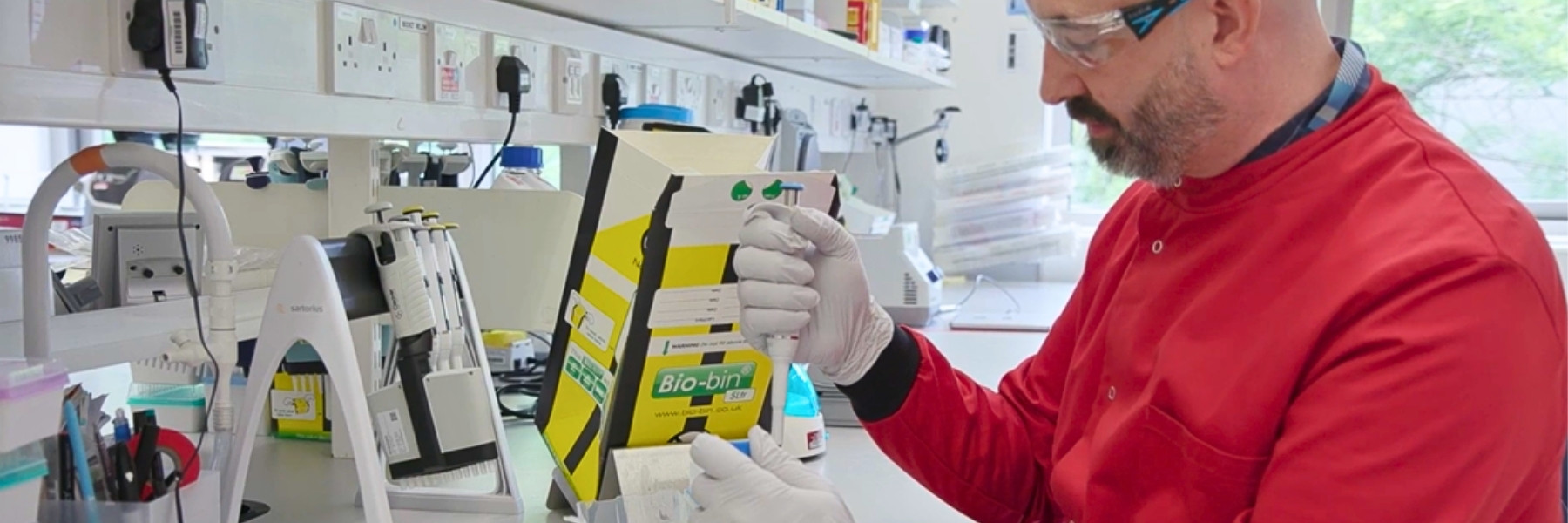
Underpinned by our ISO Energy and Environmental management systems, we are committed to:
Minimise our environmental impact by optimising resource use, minimising pollution and carbon emissions, and implementing strategies to mitigate climate change.
 Integrate sustainable practices that enhance energy efficiency and optimise waste and water management, strengthening the Sanger Institute’s ability to reduce its contribution to global warming. At the same time, adapt the design of facilities and operations to address both current and future impacts of the evolving climate crisis.
Integrate sustainable practices that enhance energy efficiency and optimise waste and water management, strengthening the Sanger Institute’s ability to reduce its contribution to global warming. At the same time, adapt the design of facilities and operations to address both current and future impacts of the evolving climate crisis.
 Collaborate with internal and external stakeholders to drive sustainable initiatives and advocate for industry best practices.
Collaborate with internal and external stakeholders to drive sustainable initiatives and advocate for industry best practices.
 Regularly assess operations to identify opportunities for reducing environmental impact, define clear sustainability targets, and measure performance against them to enhance overall sustainability goals.
Regularly assess operations to identify opportunities for reducing environmental impact, define clear sustainability targets, and measure performance against them to enhance overall sustainability goals.
 Protect and restore local ecosystems, proactively addressing biodiversity decline.
Protect and restore local ecosystems, proactively addressing biodiversity decline.
Our progress
We’re committed to reducing our environmental impact and creating a more sustainable future. From improving energy efficiency and reviewing our supply chain to enhancing biodiversity and reducing waste, we’re making meaningful progress. We regularly monitor and report on our performance, and we’re proud to be working collaboratively across departments to drive lasting change.

Gas consumption
62%
reduction in gas consumption
Electricity
100%
REGO backed electricity used at Sanger
Water
34%
reduction in water consumption
Packaging
87%
of pipette tips are refills instead of racked
Sanger Sustainability Strategy
We have split our operations into key areas which highlight our most significant environmental aspects and impacts. As the Sanger Institute is situated on The Wellcome Genome Campus, there are some areas that we don’t have direct control over – such as biodiversity, food, and commuting – but we can influence with our close Campus relationships.
Aligning sustainability with our values and behaviours is key to building a more sustainable culture across the organisation and enabling more sustainably-driven solutions. Culture change underpins the success of all of the other areas, with communication and awareness being at the heart of accomplishing change.
